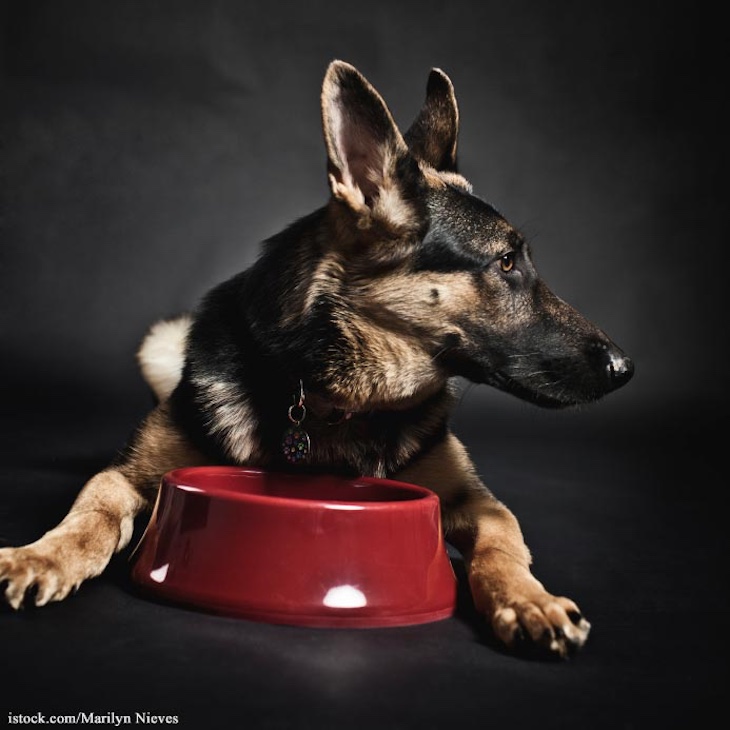Raw feeding in dogs is associated with excretion of “cattle-like” antibiotic resistant E. coli in their feces, which poses a “significant zoonotic threat,” according to a study conducted at the University of Bristol and published in the Journal of Antimicrobial Chemotherapy. The study, which was conducted on six hundred dogs in England, found that carriage of these pathogens in rural dogs was phylogenetically associated with interaction with local cattle and epidemiologically associated with feeding raw meat. A zoonotic disease is one that can make the leap from animals to humans.

People are more likely to be colonized by antibacterial resistant E. coli if they interact with certain animals, including domestic pet dogs. Third generation cephalosporin-resistant E. coli (3GR-E. coli) was found in about 8% of fecal samples from both urban and rural dogs in southwest England. The researchers found that the resistant E. coli in the dogs living in rural areas was associated with a raw meat diet.
Third-general cephalosporin antibiotics are critically important for human medicine, so this resistant bacteria is a concern, as is the rise of antibiotic-resistant pathogens in general.
The study was conducted by collecting fecal samples from the dogs and asking their owners to fill out a questionnaire on their dogs’ diet and their environment. Whole genome sequencing was conducted on the resistant E. coli isolates from the fecal samples.
Of the 600 dogs, 303 were from rural households and 297 were from urban households. The 3GC-R E. coli strains found in the rural dogs were similar to the cattle strains, but were nearly non-existent in people. The same strains found in urban dogs were common in humans but rare in cattle. This could be, as the authors explained, because of the variety of lifestyles and exposures among urban dogs. There was a significant association between a raw feeding in dogs and carrying 3GC-R E. coli, especially among rural dogs, but not urban dogs.
Lead author Dr. Matthew Alison, professor of molecular biology at the University 9of Bristol said in a statement, “Antibiotic-resistant bacteria are everywhere, but some antibiotics are considered critically important for use in humans. We have shown that dogs fed raw meat are more likely to carry bacteria resistant to these important medicines. This doesn’t mean that the animal, or the owner, will become sick. We should do everything we can to reduce the circulation of critically important antibiotic-resistant E. coli and other bacteria. Our research adds to the increasing evidence that not feeding raw meats in dogs may help in that objective.”




